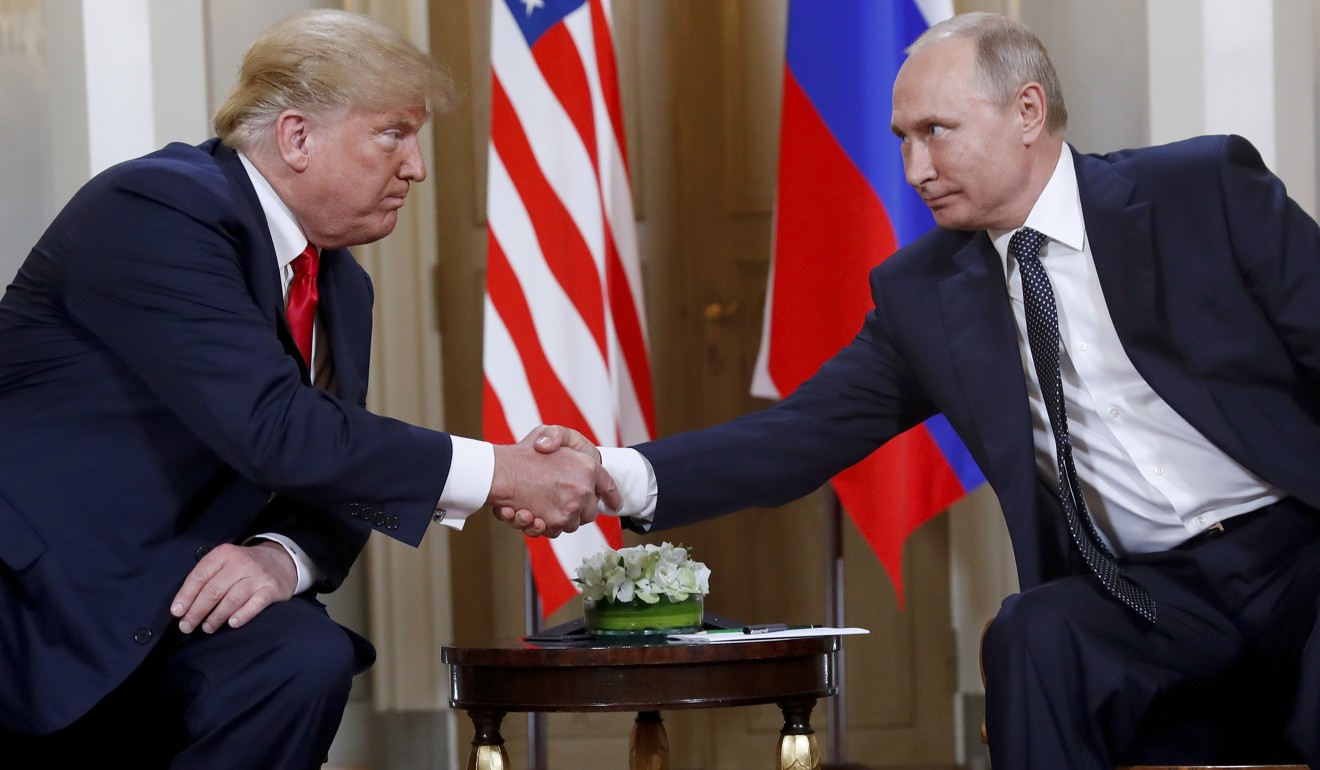
After Robert Mueller’s report, the partisan US press must reflect on how it played into China’s hands
- Determined to smear the US president while attracting more readers, the US press, including respected newspapers, sold a story of collusion with Russia that rested on questionable foundations. In the process, democracy began to look less credible
If you thought an indictment of US President Donald Trump, to the backdrop of the US-China trade war, would have been Beijing’s preferred outcome, then you don’t know the Communist Party’s Politburo Standing Committee. Trade wars and presidents come and go, and today’s troubles are but the blink of an eye in Beijing’s view of the world.
The US press used to watch over American democracy rather well, decades ago, when CBS anchorman Walter Cronkite was “the most trusted man in America” and The New York Times and The Washington Post ran crooked Richard Nixon out of office. But those days began to end with the bare-knuckle partisanship that the Clintons ushered in during the 1990s.
And when Google and Facebook started drawing away the press’ advertising dollars, the industry’s financial decline began. Since 2000, thousands of US newspapers and magazines have closed and the Times and the Post, the two most influential of the ones that remained, had to choose between cash and credibility. They chose cash.
After spending a great deal of time and money trying to figure out how such trusted brands as BuzzFeed and Facebook (yes, I’m kidding) attracted clicks, they began “dumbing down” their product as part of a strategy to build “communities”, to use terms from former Times executive editor Jill Abramson’s recent book, Merchants of Truth .
Then, in mid-2015, one of the largest, most rabid communities in history, educated and affluent, began coalescing around Trump’s candidacy – Trump haters. Granted, he’s a fairly hateable guy. But when “headlines contain[ing] raw opinion” began appearing, “as did … stories that were labelled as news analysis”, as Abramson wrote, it was good for business, but it accelerated the destruction of something money can’t buy: the trust that made the business in the first place.
Few things make humans happier than someone they hate getting pommelled. Negative reports on Trump were good for clicks and shares.
One of the first signs that the press group-hate might take them off the rails was when Trump said at a press conference in July 2016, “Russia, if you’re listening, I hope you’re able to find the 30,000 [Hillary Clinton] emails that are missing.” It was a pretty good line, spoken at a campaign press conference. But to Trump haters, it was evidence of “treason”. Look at the comments on the Times’ and Post’s stories: 7,687 and 6,487, respectively. Happy communities clicking away.

Then, during the Academy Awards later that month, the Times began an advertising campaign – still running – that invokes “the truth”, as if you have to read the Times to get it. It brings to mind an old bankers’ saying about creditworthiness: if you have to claim it, you’ve already lost it.

Part two of this saga is now in progress, investigating the investigation – who knew what, when and so forth. All of which means more press hyperventilation and more distraction in Washington.
Which is all good news for Beijing. Trump will be gone soon enough, but a rabidly partisan US press will still be around. People around the globe where democracy is trying to take root, or has taken root and is trying to survive, can’t help but see the mess in the US and ask if that system is really the best way to run a country. China’s leaders have a view on that, and the US press just spent two years helping it sound reasonable.
Robert Boxwell is director of the consultancy Opera Advisors

